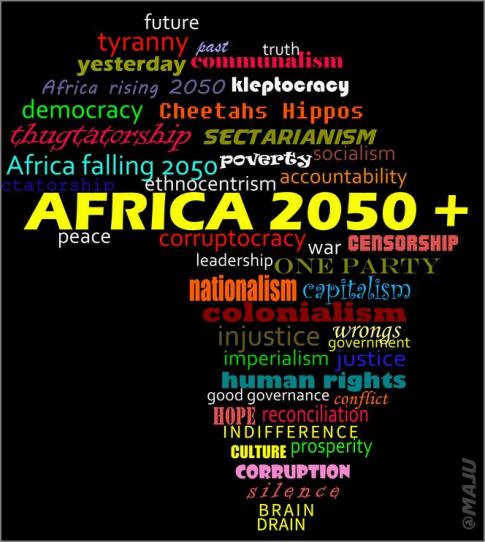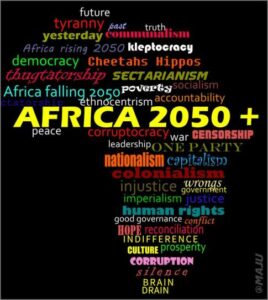The Economic Commission for Africa on Thursday participated in the International Telecommunication Union’s Girls in information and communication technologies (ICT) celebrations in Addis Ababa, with ECA professionals joining other distinguished guests in training and sharing personal stories with girls from various Ethiopian schools on how they made it in a male-dominated field.
Gender section’s Keiso Matashane-Marite led the ECA team to the celebrations that were organized by the ITU, UN Women, the ECA, African Union Commission, UNDP and tech company Huawei.
“Today is a special day and it belongs to the girls,” said Matashane-Marite, “As ECA we are happy to be highlighting the importance of why girls should be involved in ICT; raising awareness and encouraging our young girls to consider careers in IT. My message to the girls is please embrace ICTs as an enabler to help you achieve your dreams in this digital world of today.”
She said the ECA, while happy with the increasing number of girls and women using new technologies in Africa, is concerned that far too few women and girls are using these technologies or are leaders in science, technology and the innovation space.
“I’m sure you will help us change this scenario. I can tell you that at the ECA we have just made history with the first woman being appointed as Executive Secretary. Twenty years ago it would have been unthinkable so girls, anything you set your heart on, you can do, you just need to be determined and assertive, ICT is not for men only; it’s for girls too,” she told schools girls from all over Ethiopia who had gathered at the AUC to mark the Girls in ICT International Day.
The ECA’s Gender Section ran two side events at the celebrations equipping young girls with social skills and how they can get into ICT careers by overcoming social barriers, real or imagined and other fears.
The young girls interacted with speakers, worked on computers and asked pertinent questions concerning women in the workplace and how they coped with being professional women and being mothers at the same time and related issues.
Hands-on workshops were organized to inspire the local school girls to become ICT creators with the support of experts from ITU, ECA. UN Women, Ethiotelecomm and others.
ECA’s Nozipho Simelane shared her life story of how she became an engineer as did ICT colleagues Carole Ngue Kuete and Tizeta Ziwede.
Ms. Simelane and her colleagues also gave the girls tips on how to be assertive both at school and at home.
“You will meet challenges along the way like everybody else, but you can always overcome the challenges,” said Ms. Simelane.
Ms. Ziwede added that; “The sky should be the limit for you. Always believe in your dreams and go for it. Challenges are there to push you so you can overcome them; they be psychological fears or social barriers.”
For her part Ms. Ngue Kuete told the girls to think seriously about their career paths, as she urged the girls to take advantage of ICT to become their own bosses.
In the main plenary the young girls were inspired by speeches from leading African women who are working in the ICT field at the highest levels. The women leaders talked about their careers, barriers they have encountered along the way, how they conquered and what they envisage for the future.
UN Women Representative to the Ethiopia, Letty Chiwara, said it was sad that on average across the developing world, nearly 25 percent fewer women than men have access to the internet, adding that the gender gap reaches nearly 45 percent in sub-Saharan Africa.
“Along with improving women and girls’ educational opportunities, we must change stereotypes or narratives about women in ICT,” she said.
“It is essential to show that ICT is not a masculine profession. We must raise awareness of unconscious bias and ensure educators and employers avoid it.”
Ms. Chiwara added; “We must make sure that technological and digital changes work for women and girls and do not leave them behind. This will require political will and partnerships.”
ITU's Girls in ICT Day is a global initiative aimed at raising awareness among girls and young women about the importance of digital skills for a successful professional career in all sectors and encouraging them to consider studies and careers in ICT.
It is celebrated every year on the fourth Thursday of April and since 2011.
Distributed by APO on behalf of United Nations Economic Commission for Africa (UNECA).
























